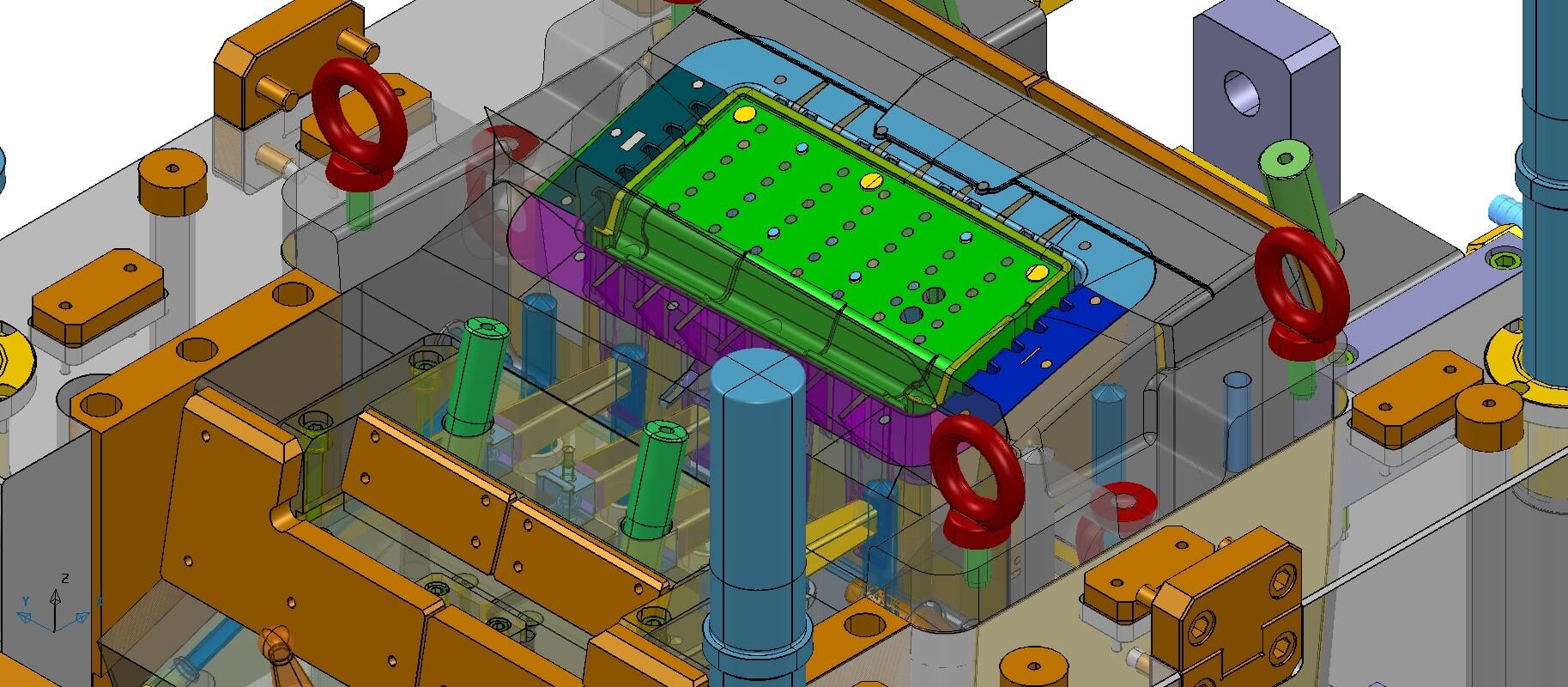Estimating Plastic Mold Cost
Injection molds are absolutely critical for making the products. They can be manufactured with only the best precision because they have to fulfill various technical specifications and contain very few pieces.
Some factors are determining points when determining the cost of a molded product since they are incredibly time-consuming and expensive to produce, which should be considered. The costs associated with producing a small series of a product play an important role in deciding whether a new product can be introduced.

Even with the above, it is clear that there are many shops where the calculation of the cost of the molding does not receive the honor it deserves. The respective costs of the types of molding are often calculated by experience instead of when compared to a mold from the past.
In addition to this, the number of quotes has been even lower than the number of actual orders, a factor that occurs when the quantity of orders is much smaller.
This inevitably results in uncertainties, which is compensated for by an additional membership charge based on subjective criteria in exchange for safety. As a result, there are discrepancies between quotes which results in an uncertain client.
Thus to calculate the costs related to mold, a procedure must have a clear goal:
- lead to a greater degree of accuracy and certainty of cost determinations.
- -reduce the amount of effort for calculating the results.
- make it possible for molders to calculate the costs in areas where there is no knowledge of manufacturing at this time;
- protect against the occurrence of errors in cost calculation, regardless of the quantity or amount of experience.
If you receive a quote that is considerably less than the calculated value, you need to handle the molds extremely carefully, as necessary steps may have been omitted, resulting in undesirable results when used.
Procedures
In both cases, the cost can be computed either based on information derived by the manufacturer’s production planning system or based on the specifications used by the forecasting system.
-
Data of production planning
A separate process is used to assign costs to each stage of production and the specific types of materials used. Significant difficulties and disadvantages offset its high accuracy. An accountant has to be extremely diligent to determine how many hours of work and how much money is involved in making a mold.
Besides this, it can be applied only after the mold design has been finalized. A basis for estimating the costs of injection molds was worked out by the Fachverband Technische Teile im Gesamtverband Kunststoffverarbeitende Industrie (GKV)
We should be able to estimate mold costs if this works more precisely. Several factors are taken into account, such as how many runners can be set at a reasonable pace.
Buying materials from standard steel manufacturers and parts stores and ordering from the supplier catalogs, purchasing the components in a place where you can locate them, and then the costs of outside design and work, you have the costs of an injection mold.
Generally, in mold-making stores, the quotations for new items are determined based on forecasting procedures.
There are two basic methods to predict the costs, known cost function and cost similarity.
- cost function
It has been postulated that there is a relationship between the cost of a mold and the mold’s characteristics in terms of the first method called the cost function, which starts with the assumption that these are, in fact, interdependent.
A mathematical function is expressed as a linear relationship between two variables. The characteristics or influencing quantities of the function determine the costs.
- cost similarity
The second method we apply is a measure of cost similarity. The first step entails calculating the parameters of the injection mold to be used and looking for an existing mold with similar parameters already installed in the factory.
It is generally known how much a mold for this new object costs, and so that cost can be used for this new object. By using existing data, such as the system of classification described in, one can fall back for further aid in building the system in the first place.
It is important to acknowledge the advantages and disadvantages of each method, finding the most suitable option.
If both quantities that cause the effect on cost can have the same effect on costs, then the cost function will provide accurate results.
Traditionally, this is very unlikely with today’s injection molds with their variety of shapes and materials. A mold that is designed in the same way as another mold and has similar quantities can be considered similar for the similarity method.
To benefit from the benefits of both approaches, they need to be used in conjunction with each other. We can achieve this by grouping similar components such as injection molds or structural components into standardized groups and determining the average costs for each group. There is a proposed solution to categorize the total cost calculation into groups corresponding to the functions associated with them.
Each cost group is assigned a fixed amount which is added to the total amount for the calculation. The systematic approach to the individual groups and additive construction approach reduces the risk of miscalculations and their effect on the total costs.

